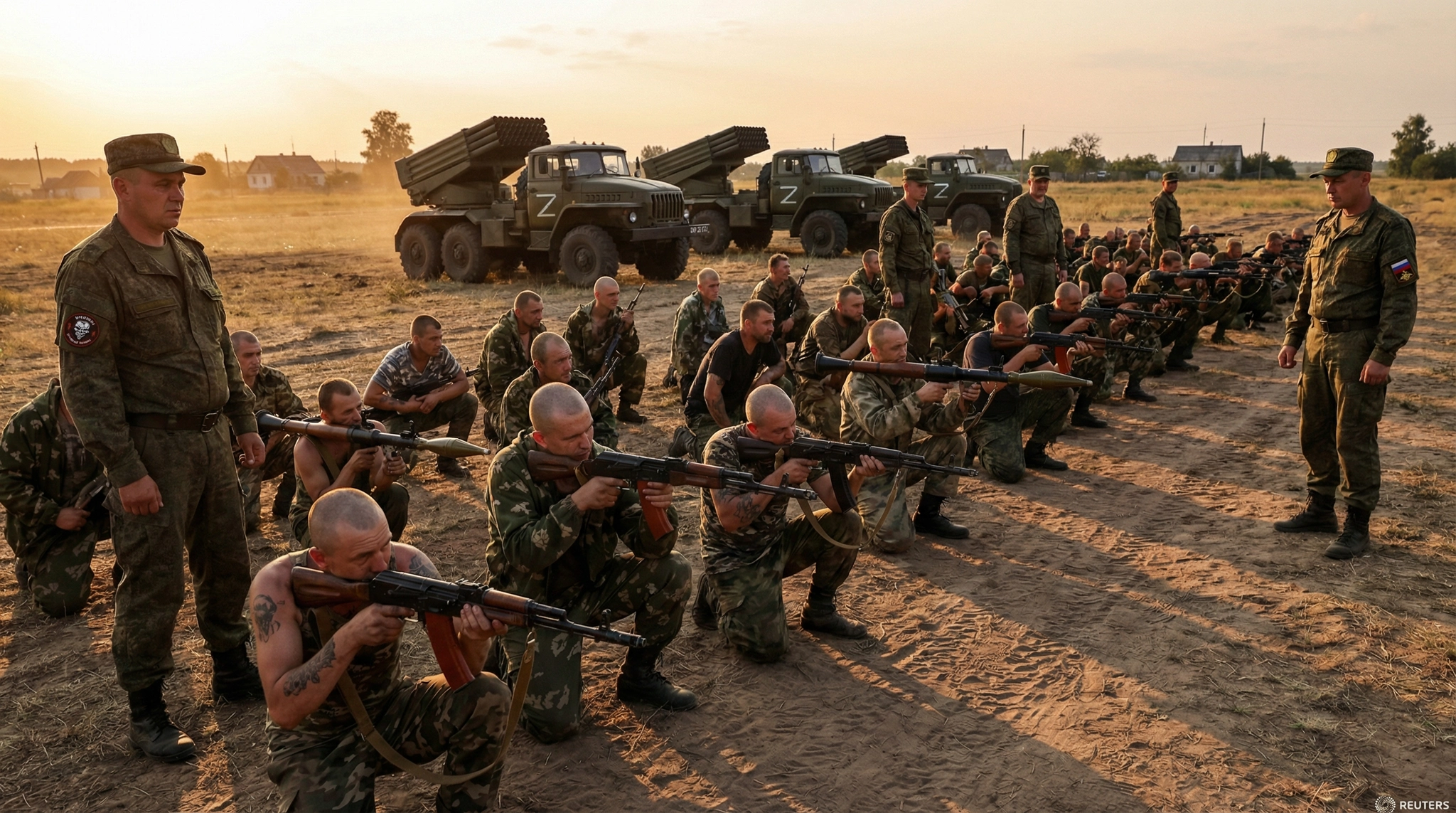TheWagner Grouphas emerged as a central force in Russia’s military operations, drawing international condemnation and intensified scrutiny, particularly from theUnited States. This secretive paramilitary organization has played a pivotal role in recent conflicts, notably since Russia invaded Ukraine, and has drawn the world’s attention following its leader’s open threat of rebellion against Russia’s military leadership—a sign of deep discontent over the war’s conduct.
Understanding the Wagner Group: The Controversial Russian Paramilitary Organization
The Wagner Group operates as a private military entity controlled by an ally of Russian PresidentVladimir Putin. With tens of thousands of fighters, as estimated by U.S. officials, the group is not confined to Ukraine; it has deployed operatives in Syria as well as across multiple African nations. Its reach and influence have expanded rapidly, placing it at the center of escalating geopolitical tensions.
Earlier in the year, the U.S. labeled the Wagner Group a“significant transnational criminal organization”and introduced new sanctions targeting its global operations. Human rights organizations are alarmed, repeatedly linking Wagner to suspected mass civilian killings, particularly in Mali.

Wagner Group's Involvement in the Ukraine Conflict
Catrina Doxseeof the Center for Strategic and International Studies reports that Wagner’s involvement in Ukraine stretches back to 2014 and the annexation of Crimea. Today, it is estimated the Wagner Group commands50,000 fightersin Ukraine, with around 40,000 identified as convicted criminals—heightening global concerns abouthuman rights abusesand control on the ground.
Viral footage shows Wagner’s leader,Yevgeny Prigozhin, energetically recruiting prison inmates into the organization. As Doxsee notes, “You have individuals coming in who are less experienced, less trained, and who are kept in line in a much less efficient way by their commanders.”
Despite its massive presence, mercenary work remains illegal under Russian law. Consequently, the Kremlin deliberately avoids publicly acknowledging Wagner's contracted fighters, leveraging this legal ambiguity to maintain plausible deniability.
Leadership and Origins of the Wagner Group
The Wagner Group was founded byDmitry Utkin, a former Russian officer, alongside financier Yevgeny Prigozhin. The group’s name is believed to reference either Utkin’s nickname or the composer Richard Wagner. Prigozhin, known as “Putin’s chef” for his strong Kremlin connections, only recently admitted his leading role—after years of denial.
This newfound transparency signals Prigozhin’s rising confidence and amplifies both domestic and international scrutiny of Wagner’s expanding operations, particularly beyond Ukraine’s borders.
Global Operations and Allegations
Outside Ukraine, the Wagner Group has established footholds in several African and Middle Eastern regions. Its direct involvement inconflicts, resource exploitation, and power projection has notably extended Russia’s influence. Analysts at West Point’s Combating Terrorism Center highlight Wagner's ability to leverage natural resources in vulnerable states—a tactic used to bypass Western sanctions.
In 2020, the U.S. Department of Defense reported Wagner’s violations of a United Nations arms embargo and the laying of land mines in Libyan civilian areas. Numerous reports implicate Wagner in human rights violations—including atrocities in Syria and Mali—fueling international outcry.
The Wagner Group’s expansion into Africa and the Middle East represents a sophisticated approach to influence and resource acquisition, often circumventing international law.
U.S. Response to the Wagner Group
To counter Wagner's operations, the United States has adopted targeted measures, from formally labeling the group a "significant transnational criminal organization" to continually expanding sanctions against affiliated entities and individuals. In January, White House spokespersonJohn Kirbyemphasized America’s commitment to "relentlessly disrupt and expose those aiding Wagner’s operations."
The U.S. Treasury Department has sanctioned businesses with ties to Wagner in Russia, China, and the Central African Republic. These sanctions aim to undermine Russia's capacity to wage war against Ukraine and to ensure accountability for Wagner’s activities.
- Expansion of U.S. sanctions on Wagner-affiliated organizations
- Collaborative efforts with allies to disrupt Wagner’s global network
- Ongoing monitoring of Wagner’s activities in conflict zones
As theWagner Groupmaintains its influential role on the global stage, scrutiny over its actions continues to intensify, raising pressing questions about the private military sector’s impact on security" class="content-category-link">international security.